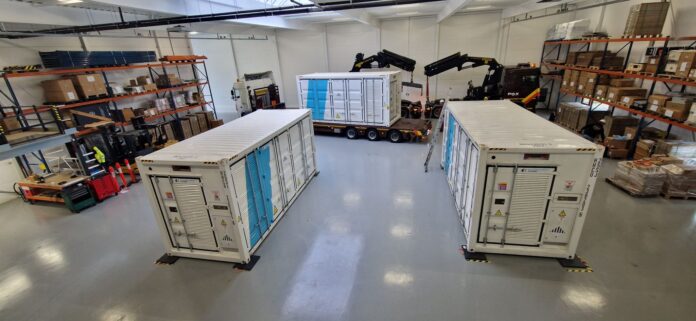The Dutch authorities have earmarked €100 million in subsidies for the integration of battery storage in solar projects for the upcoming year, in response to ongoing challenges related to power flexibility and grid constraints in the country.
Rob Jetten, the outgoing minister for climate and energy policy, unveiled this subsidy initiative as part of the “Multi-Year Program Climate Fund 2025″ during the presentation of the Spring Memorandum 2024. This program outlines the government’s intended support for upcoming projects. The subsidy program is set to commence on January 1, 2025, and will run until 2034.
This funding forms a segment of a larger €416 million subsidy program announced in the previous year. The Dutch government has committed to allocating these resources from the climate package established in 2022, with the aim of supporting the deployment of 160 MW to 330 MW of battery storage capacity.
In a separate development aimed at mitigating grid congestion, Dutch grid operator TenneT has proposed a new contractual framework featuring reduced transport tariffs for batteries and other flexible capacity, potentially offering discounts of up to 65%.
This initiative is intended to streamline the integration of batteries into the Dutch electricity grid. In exchange, battery operators will be called upon to assist the grid operator in managing grid congestion by adjusting their charging and discharging activities as necessary.
The implementation of the new tariff structure is anticipated this spring. According to research commissioned by TenneT, the introduction of these discounts could pave the way for the addition of 2 GW to 5 GW of new battery storage capacity by 2030.
Recent estimates suggest that over a quarter of rooftops in the Netherlands are equipped with solar panels, constituting a significant portion of the country’s solar energy capacity exceeding 20 GW. As of June 2022, the cumulative installed photovoltaic capacity in the country stood at 16.5 GW, with 3,803 MW added in 2021 and an additional 3,882 MW deployed in 2022, as reported by the national statistics agency, CBS.
In February 2024, following a year of deliberations and negotiations, the Dutch parliament opted to retain the nation’s net-metering program. The gradual phasing out of this scheme was formulated to bolster the growth of the country’s distributed storage market.




